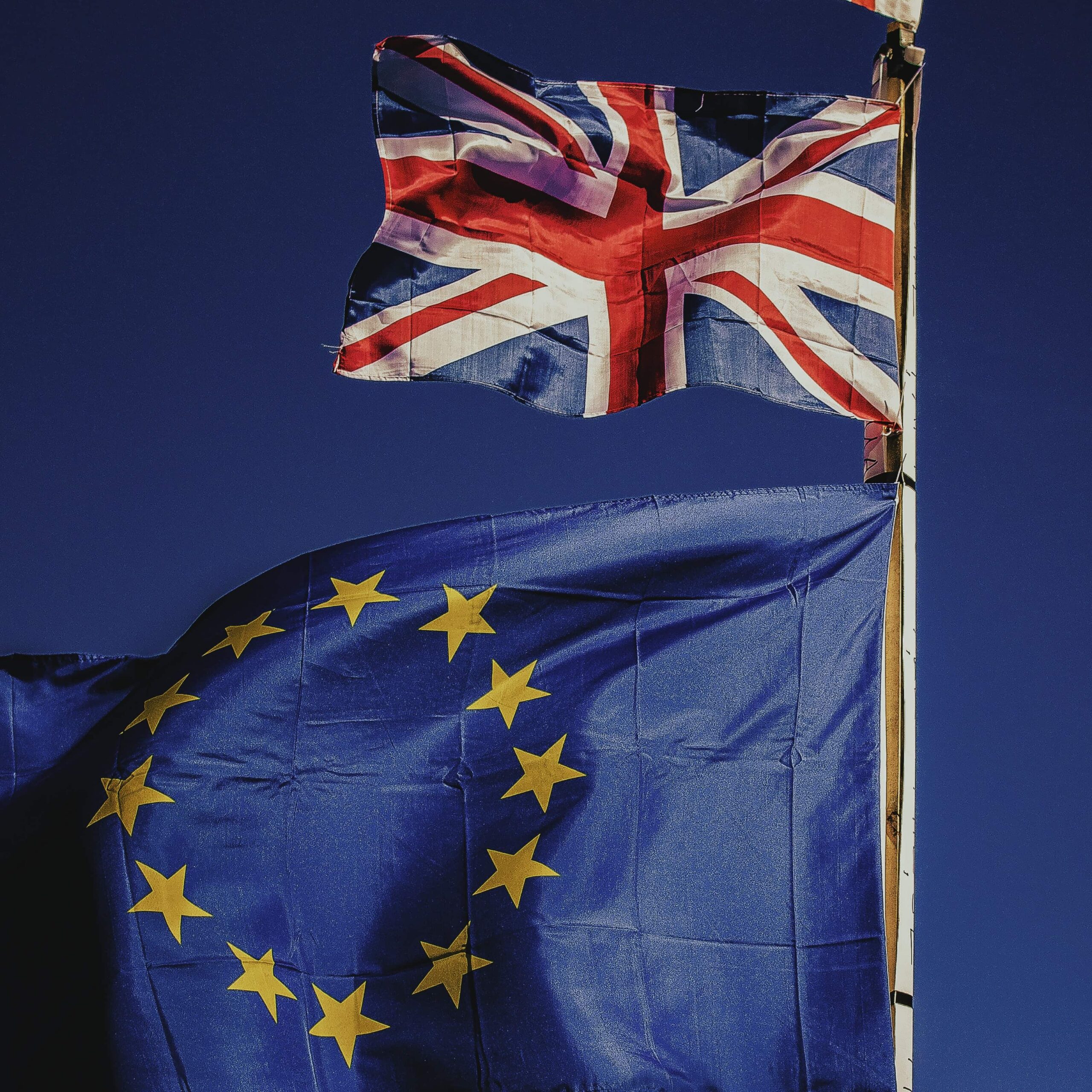EU-UK Post-Brexit Deal: Implications for Israeli Companies Intending to Set up Shop or Presently Operating in the UK or EU
5 Jan 2021

The EU-UK Trade and Cooperation Agreement (TCA) sets out the future relationship between UK and EU industries beyond 31 December 2020. The nature of implementation of the agreement will be finalised in the months to come. We explore several provisions and their relevance to Israeli companies operating within the UK or EU.
Free trade deal
Most UK-EU trade in goods will be free of tariffs and quotas. However, UK goods may be subject to costly and burdensome customs declarations and inspections, as well as inspections on agricultural products.
Of particular note, products containing material from outside the EU and UK may face new tariffs in accordance with the “rules of origin”. UK exporters will need to self-certify the origin of exports to the EU – a process which may be complex and challenging for many companies.
Businesses have been granted a year to adapt to the process and properly document the origin of their goods. Exporters should consider whether it is less costly and in the best interest of their business to simply accept tariffs on their products.
Companies dealing in automotive, chemical, pharmaceutical, organic product and wine related goods should refer to the relevant TCA annexes which set out agreements to facilitate trade within these sectors.
Financial services
The TCA offers little clarity for the financial services sector.
In the absence of a decision on regulatory equivalence or commitment on market access, as of 1 January 2021, UK financial firms lost their passporting rights – which until now have provided UK firms with access to the EU market.
Although the UK has indicated that it will grant equivalence rights to EU firms, it remains to be seen whether the EU will grant regulatory equivalence to its financial services industry. A memorandum of understanding is expected to be reached before March 2021. UK financial services firms may need to consider other market access measures.

Data transfers
At this stage, personal data can continue to flow freely between the UK and EU.
Data transfers from the UK to the EU post-Brexit will not require additional contractual measures, as the UK has afforded the EU member states “adequate status”. However, the TCA does not include a corresponding determination that the UK provides an adequate level of protection of personal data.
Over the next 6 months the EU will evaluate the status of UK legislation. Should the EU decide that UK legislation does not afford the same level of data protection as the General Data Protection Regulations (GDPR), additional measures will need to be put in place.
In the interim, UK companies may continue to transfer personal data freely from the EU to the UK. UK companies should take note of where their data is sourced from, stored, and transferred to, so that swift action can be taken if the adequacy decision is not reached.
Intellectual Property
The UK has committed to maintaining a high standard of protection for, and enforcement of intellectual property rights (IPRs) in accordance with international treaties such as the TRIPS Agreement.
Existing EU IPRs will continue to be recognised within the UK and it will be possible for UK IPR owners to seek protection in the UK, EU and internationally. Notably, in certain circumstances it is now open to the UK to provide longer protection for rights holders.
Significant changes to intellectual property rights from a business perspective are contained within the Withdrawal Agreement reached at the end of 2019.
From 1 January 2021, the owner of an intellectual property right such as an EU trade mark may be able to oppose import of goods bearing that mark from the UK to the EU, even if those goods are already on the UK market. Businesses exporting IP-protected goods to the EU should consider whether they require the consent of the rights holder to continue their exports.
Businesses establishing themselves in the UK or EU should seek legal advice as to how to register their trade marks and protect their IP in each jurisdiction. Advice will differ between companies intending to operate exclusively within the UK, and companies that intend to do business in any member state of the EU.
Article Written by: Chavah Apfelbaum